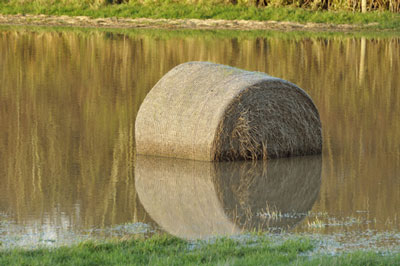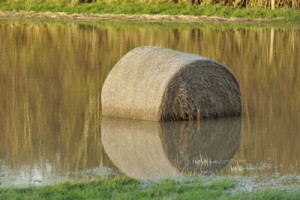EPSRC invests £4.5 million to safeguard the UK’s water, energy and food security
- Like
- Digg
- Del
- Tumblr
- VKontakte
- Buffer
- Love This
- Odnoklassniki
- Meneame
- Blogger
- Amazon
- Yahoo Mail
- Gmail
- AOL
- Newsvine
- HackerNews
- Evernote
- MySpace
- Mail.ru
- Viadeo
- Line
- Comments
- Yummly
- SMS
- Viber
- Telegram
- Subscribe
- Skype
- Facebook Messenger
- Kakao
- LiveJournal
- Yammer
- Edgar
- Fintel
- Mix
- Instapaper
- Copy Link
Posted: 31 March 2015 | Victoria White | No comments yet
The Engineering and Physical Sciences Research Council (EPSRC) is investing £4.5 million to safeguard the UK’s water, energy and food security…


The Engineering and Physical Sciences Research Council (EPSRC) is investing £4.5 million to safeguard the UK’s water, energy and food security.
With the world’s population due to grow to eight billion by 2030, humanity is facing a crisis with predictions of increasing demand and shortages of water, energy and food.
Water and energy are needed to produce food; water is required to produce energy and with the advent of biofuels, energy and food are increasingly competing for land. This means that any shortage or disruption of one resource will impact on the other two. This unbreakable link between all the resources is known as the water-energy-food nexus.
This research into the water-energy-food nexus will be conducted by inter-disciplinary groups of scientists based at 19 universities and research institutes to tackle these challenges.
EPSRC funding will support three projects that will research the water-energy-food nexus
Professor Philip Nelson, Chief Executive of EPSRC said, “This is one of the most important challenges facing the human race, and one of the most complex. The uniqueness of these projects comes from studying all three problems together, something that hasn’t been done before.
“These projects are a great opportunity for scientists with expertise in different disciplines to come together to find solutions.”
The three research projects funded through the Living with Environmental Change sandpit will be led by the Universities of Glasgow, Manchester and Southampton with support from STFC’s Scientific Computing Department. The projects are studying the nexus within the UK, while recognising the external pressures, so that the expertise and knowledge can be transferred in an international context.
The three projects will:
- Explore how shocks to the nexus, for example, floods or energy shortages, may help us to improve resilience of the Water Energy and Food nexus – led by the University of Southampton
- Produce nexus models that describe interdependencies in the nexus systems using case studies in Devon, Oxford and London – led by the University of Glasgow
- Identify UK examples of existing structures or initiatives with low impact across water, food and energy systems and investigate how the conditions that make them work can apply in other settings – led by the University of Manchester
For more information about EPSRC, please visit www.epsrc.ac.uk.





